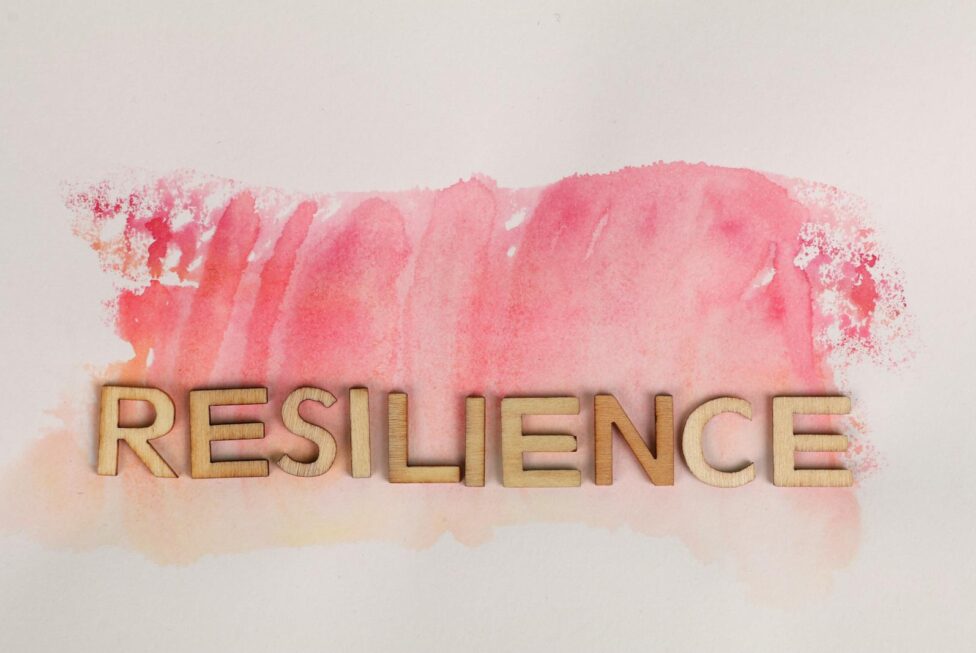Resilience is a psychological trait that enables individuals to adapt to life’s challenges and bounce back from adversity stronger than before. It’s not about avoiding stress or hardship, but rather about facing them head-on and using them as opportunities for growth. In this article, we’ll explore the psychology of resilience, how it’s developed, and strategies to build mental strength in tough times.
Understanding Resilience
Resilience is influenced by a combination of factors, including genetics, environment, and personal experiences. Some people naturally have a higher level of resilience, while others may need to work on developing it. Resilient individuals tend to have a positive outlook on life, a strong sense of purpose, and the ability to adapt to change.
Building Resilience
Cultivate a Positive Mindset:
Focus on the positives in your life, even during difficult times. Practice gratitude and look for silver linings in challenging situations.
Develop Strong Relationships:
Build a support network of friends, family, and mentors who can provide emotional support during tough times.
Take Care of Your Physical Health:
Exercise regularly, eat a balanced diet, and get enough sleep. Physical health is closely linked to mental well-being.
Develop Problem-Solving Skills:
Learn to identify and tackle problems effectively. Break down big challenges into smaller, more manageable tasks.
Practice Mindfulness and Relaxation Techniques:
Meditation, deep breathing, and yoga can help reduce stress and improve resilience.
Set Realistic Goals:
Set achievable goals for yourself and work towards them. Accomplishing small goals can boost your confidence and resilience.
Seek Professional Help When Needed:
If you’re struggling to cope, don’t hesitate to seek help from a mental health professional. Therapy can provide valuable tools and support.
The Role of Adversity
Adversity is often seen as a negative experience, but it can also be a catalyst for growth. Overcoming challenges can build resilience and lead to personal development. It’s important to reframe adversity as an opportunity for learning and growth, rather than as a setback.
Resilience in Action
Stories of resilience can be found in all walks of life. From individuals who have overcome personal tragedy to communities that have rebuilt after natural disasters, resilience is a testament to the human spirit’s strength and adaptability.
Conclusion
Building resilience is a lifelong process that requires effort and commitment. By cultivating a positive mindset, developing strong relationships, and seeking help when needed, you can enhance your resilience and better navigate life’s challenges. Remember, resilience is not about avoiding difficulties but about facing them with courage and perseverance.



